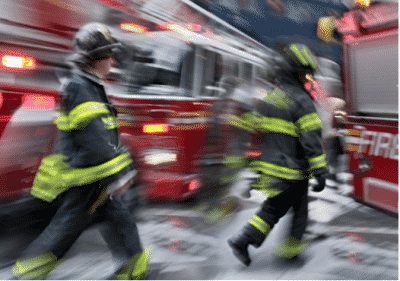The impact of the COVID-19 pandemic on fire fighters, their families and their communities will have long-term behavioral health implications. Now more than ever, IAFF members need to know their leaders have their backs, including addressing their emerging behavioral health needs.
- Keep behavioral health at the forefront. Fire service personnel are doing their absolute best to serve their communities, keep themselves safe and protect the health of their family. The heightened level of stress that IAFF members currently face, both on and off the job, cannot be overstated. Keep this in mind when communicating with or interacting with members.
- Praise your members often and publicly. Fire service personnel, like all frontline workers, need to hear they are doing a good job from their leaders. This is always true, but especially during the unprecedented times of a global pandemic and civil unrest. Publicly acknowledging good work goes a long way in countering the effects of traumatic job stress.
- Communicate the actions your local or fire department have taken to protect members. With changing safety protocols and fears of an economic recession, members need to know their affiliate leaders are fighting for them. Communicate often what actions your local is taking to protect members’ safety and job security. A weekly email blast, newsletter, conference call or social media post is a good way to reach members.
- Learn about COVID-19 behavioral health issues. Visit the IAFF COVID-19 Behavioral Health Resources page for articles and information guides on key behavioral health issues that members may face during this time. Learning about these issues can keep you ahead of the curve and equip you to respond when behavioral health crises emerge in your ranks.
- Deploy your peer support team. Trained peers are uniquely qualified to support members coping with personal and occupational stress. Peer team members can disseminate behavioral health information or be tasked to provide welfare checks on quarantined personnel and their family. See the IAFF Coronavirus Peer Support Guide for a protocol to check on the emotional and practical needs of quarantined members.
- Identify telemental health services available through your insurance and EAP. Telemental health services provide an excellent opportunity to access mental health counseling in the privacy and security of your members’ homes. Call your insurance and EAP to confirm if telemental health services are currently covered and how to access them (or delegate this task to someone who is dependable and then relay this information to your membership). Don’t forget to inform members that the IAFF is also offering free telemental health services to U.S. members for a limited time.
- Promote IAFF online recovery meetings. IAFF online recovery meetings are for members coping with or in recovery from an alcohol or substance use problem. These meetings provide a virtual alternative to in-person, community meetings that have been canceled due to social distancing. Meetings are confidential, peer-led and provide a supportive space for individuals to share their experiences in recovery. Visit the online recovery meeting homepage for dates and times.
- Consider hosting a virtual member support group through your IAFF local or department. All members need a supportive space to connect, not just those in recovery from addiction. A virtual support group is a space where members can express their feelings and experiences while supporting one another. The group can be hosted by a trained peer or clinician on a video platform.
- Ask your EAP provider to provide a stress management webinar. Reach out to your EAP and ask them to host a webinar or live discussion on coping with first responder stress during COVID-19. The EAP can also remind members how to access EAP services.
- Consider hosting an IAFF behavioral health training in the future. It’s never too early to start planning for next year’s training needs. We know that COVID-19 will have a long-term impact for years to come. Visit wew.iaff.org/behavioral-health to learn more about in-person behavioral health training, including the IAFF Peer Support Training and the IAFF Resiliency Training.
Supporting Member Treatment Needs
The IAFF Center of Excellence for Behavioral Health Treatment and Recovery is for members struggling with addiction, PTSD and other co-occurring mental health problems. The Center remains open to serve IAFF members who need mental health and substance abuse treatment. Call 1 (855) 900-9740 or visit www.iaffrecoverycenter.com to learn more.
Written by: Lauren Kosc, LCPC, is a behavioral health specialist, licensed mental health clinician and blog writer for the International Association of Fire Fighters.





